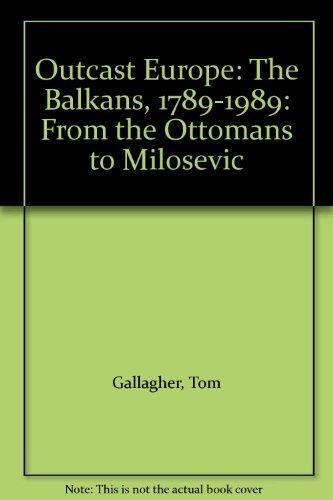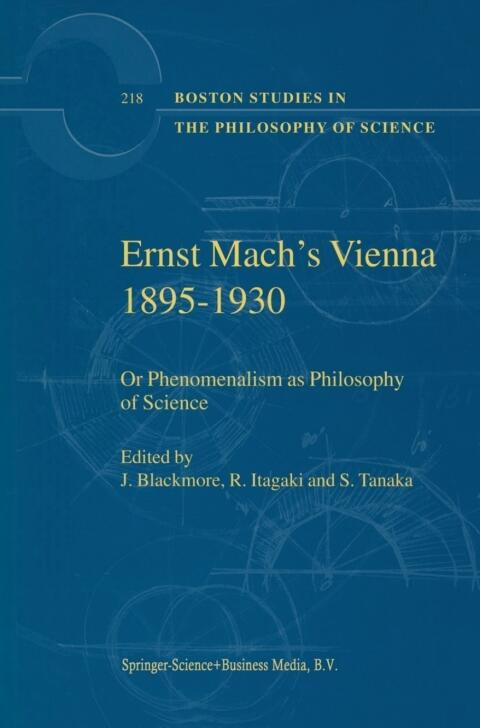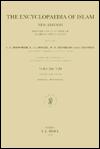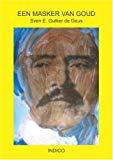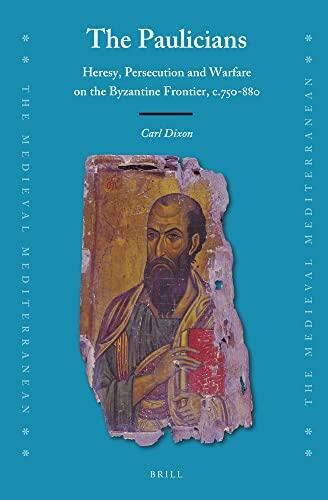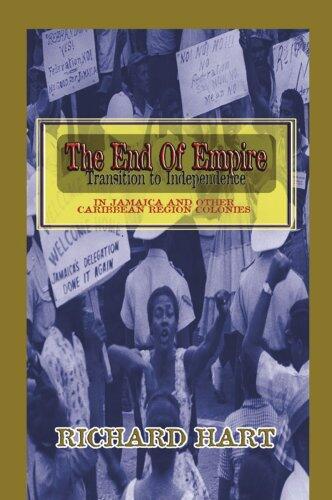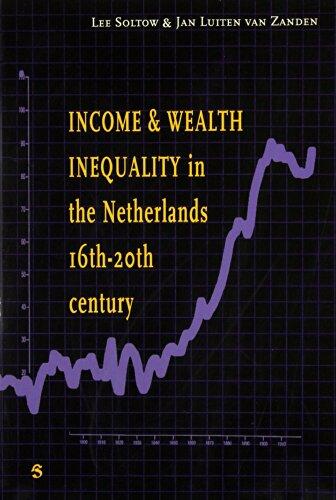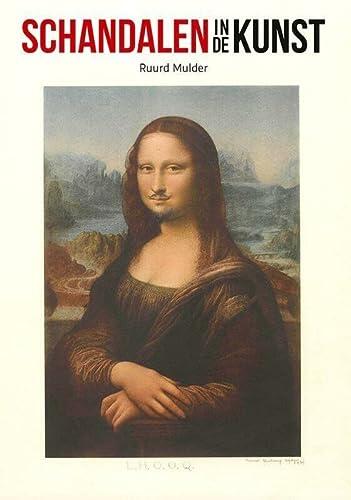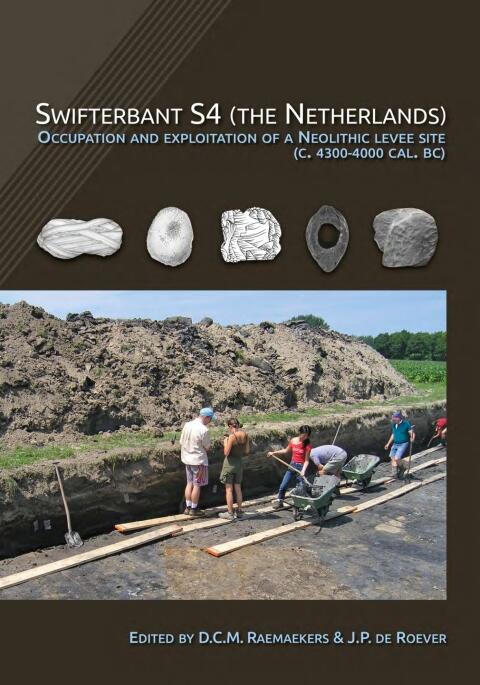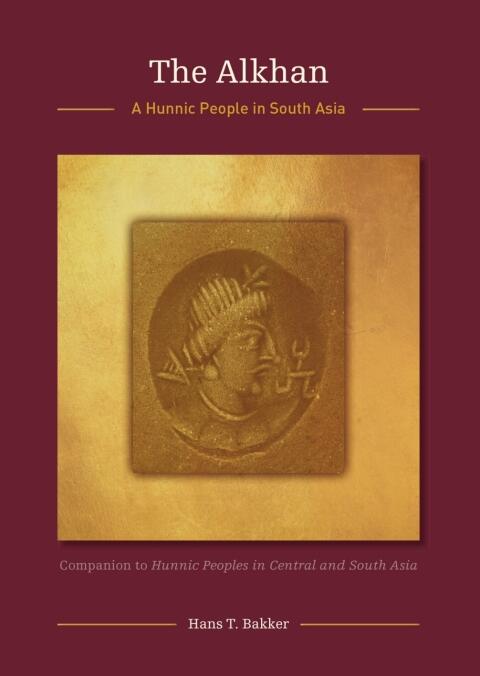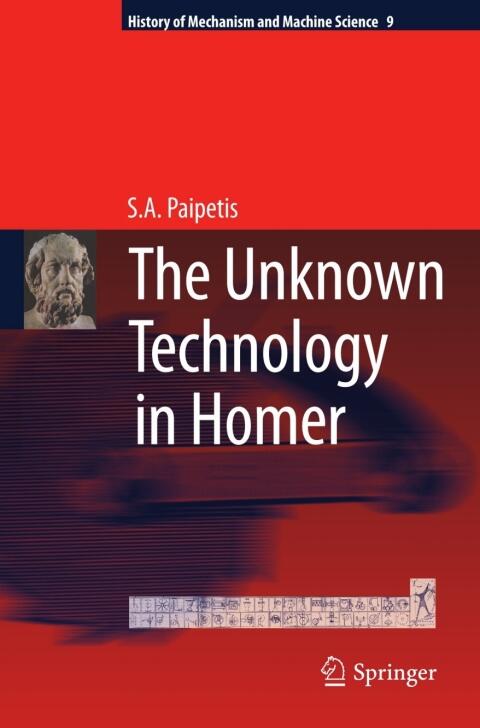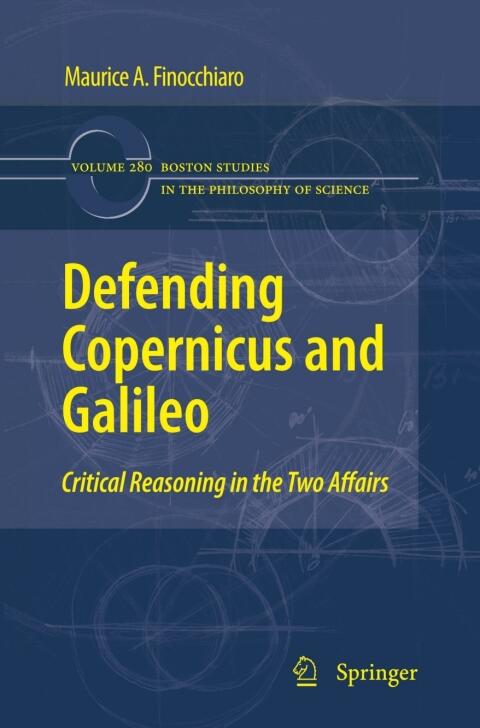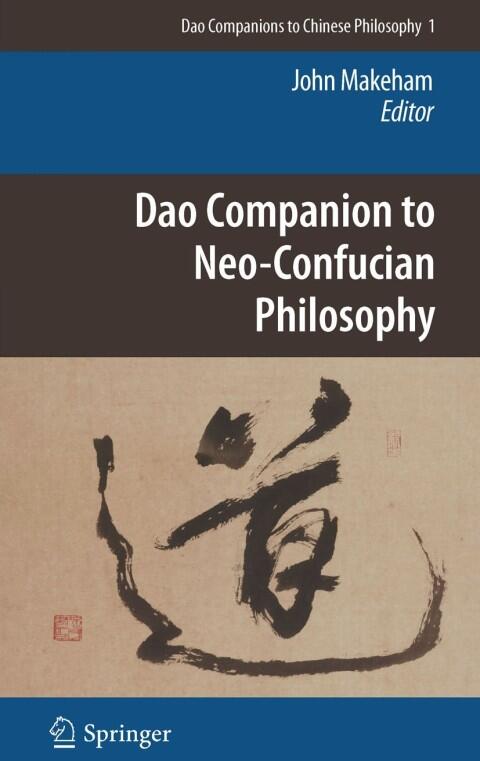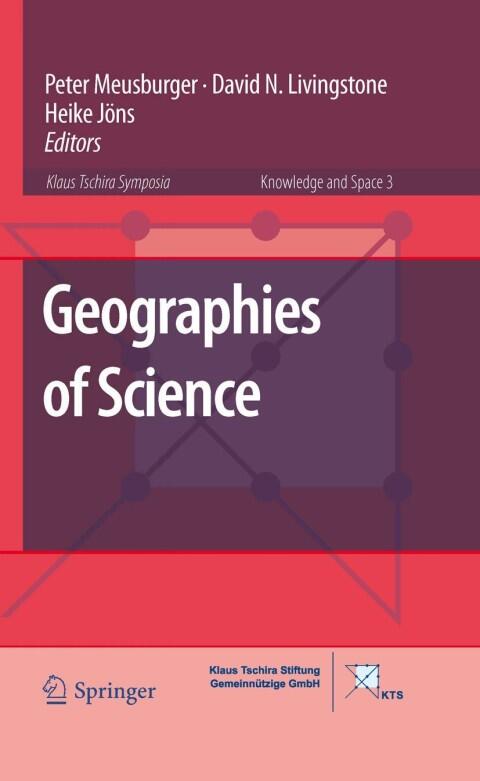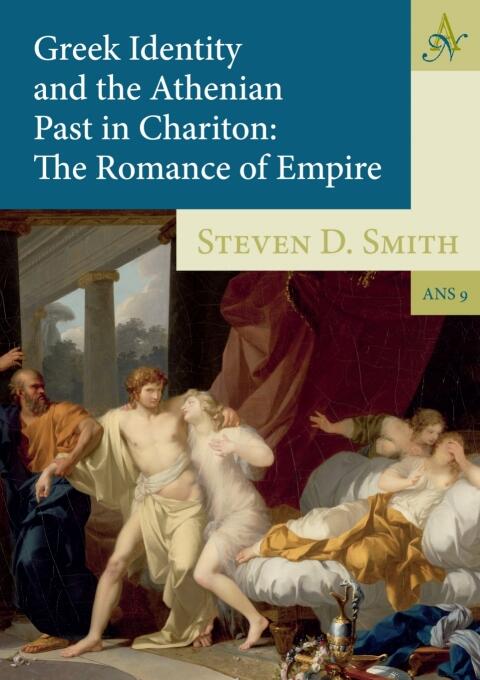
Greek Identity and the Athenian Past in Chariton: The Romance of Empire
によって
Steven D. Smith
まだ評価がありません
Romance
Science Fiction
Thriller & Suspense
+5
more
形式
ハードカバー
ページ数
282
言語
オランダ語、フラマン語
公開されました
Jan 1, 2007
出版社
Barkhuis
版
1
ISBN-10
9491431455
ISBN-13
9789491431456
説明
Steven D. Smith explores the intricate ways in which Greek identity is woven into the fabric of Chariton's narrative. Set against the backdrop of the Athenian past, this work delves into the complexities of love, ambition, and cultural heritage. Through the eyes of Chariton, who serves as the secretary to the rhetor Athenagorus, the author crafts a vivid portrait of both personal and collective identity.
The romance unfolds within a framework that highlights the political and social dynamics of the time. Smith meticulously examines how the characters navigate their desires within the constraints of their cultural milieu, reflecting on the broader implications of Greek identity. The love story is not merely personal; it serves as a lens through which the nuances of empire and its narratives can be understood.
Amidst the passionate encounters and romantic entanglements, the text reveals the interplay of history and myth, urging readers to consider how past experiences shape contemporary understanding of identity. Through this exploration, Smith invites a reconsideration of how love stories can illuminate larger societal themes. The work is a compelling synthesis of literary analysis and historical context, ensuring its relevance for scholars interested in ancient narratives and cultural studies.
The romance unfolds within a framework that highlights the political and social dynamics of the time. Smith meticulously examines how the characters navigate their desires within the constraints of their cultural milieu, reflecting on the broader implications of Greek identity. The love story is not merely personal; it serves as a lens through which the nuances of empire and its narratives can be understood.
Amidst the passionate encounters and romantic entanglements, the text reveals the interplay of history and myth, urging readers to consider how past experiences shape contemporary understanding of identity. Through this exploration, Smith invites a reconsideration of how love stories can illuminate larger societal themes. The work is a compelling synthesis of literary analysis and historical context, ensuring its relevance for scholars interested in ancient narratives and cultural studies.

